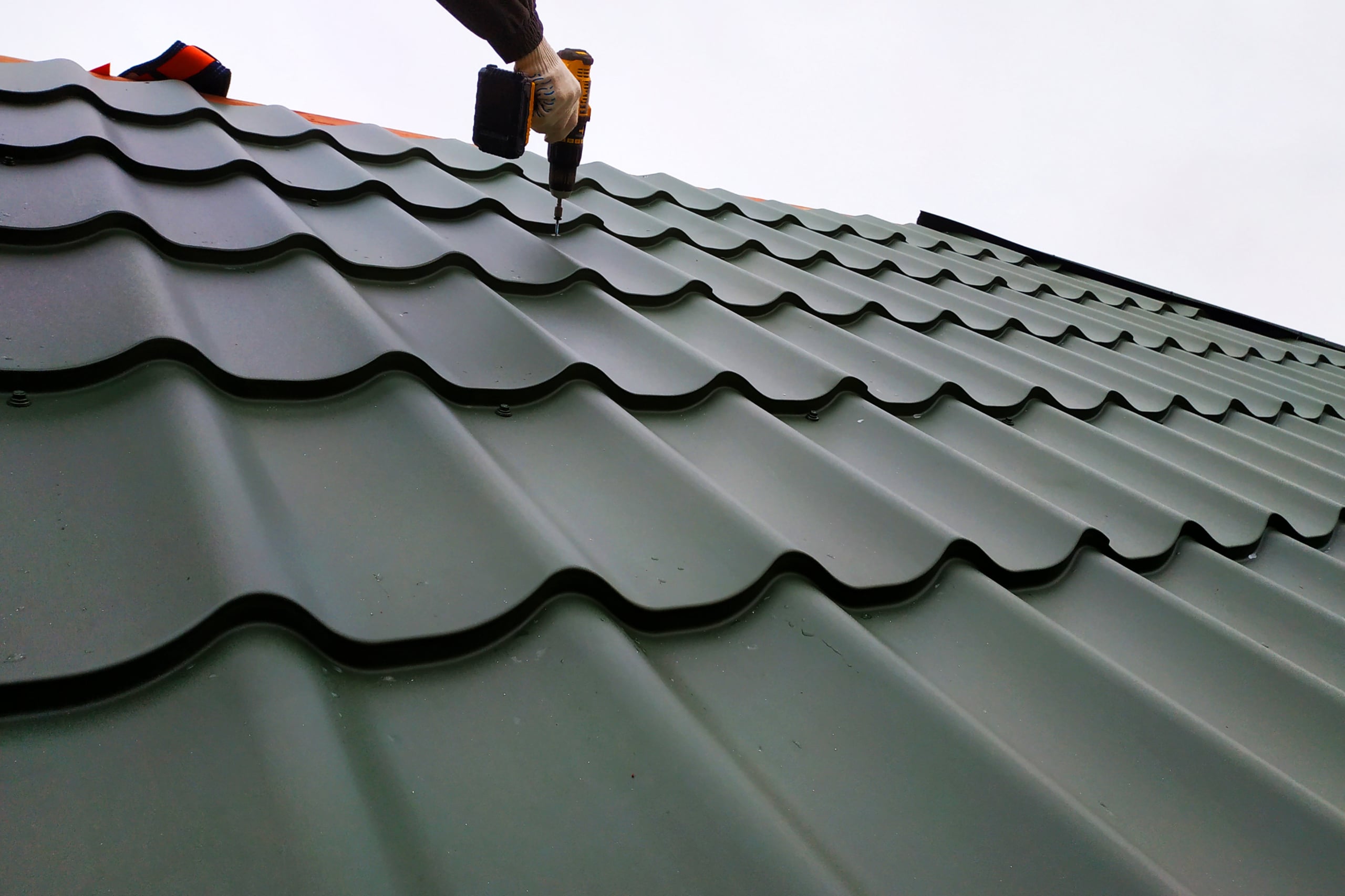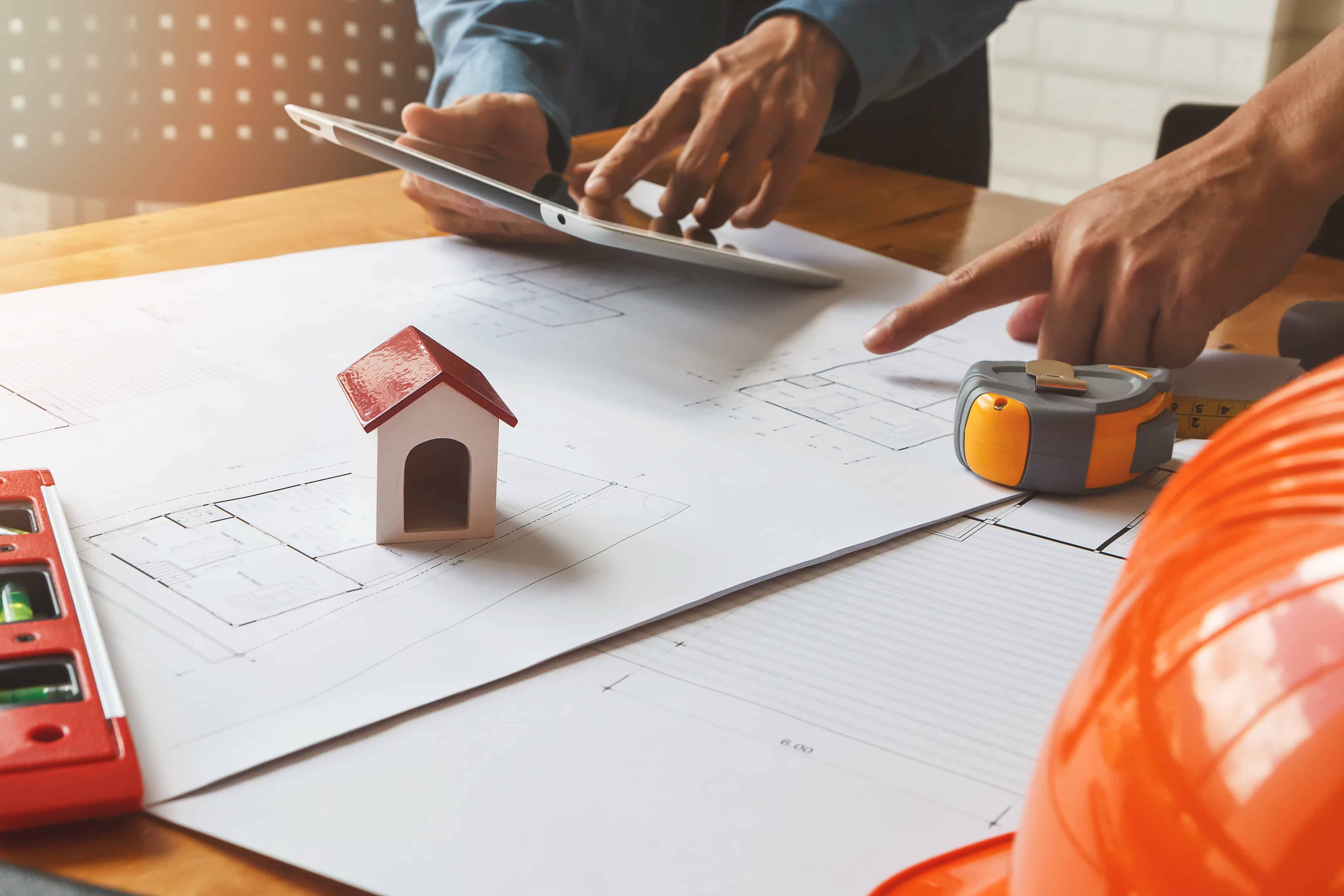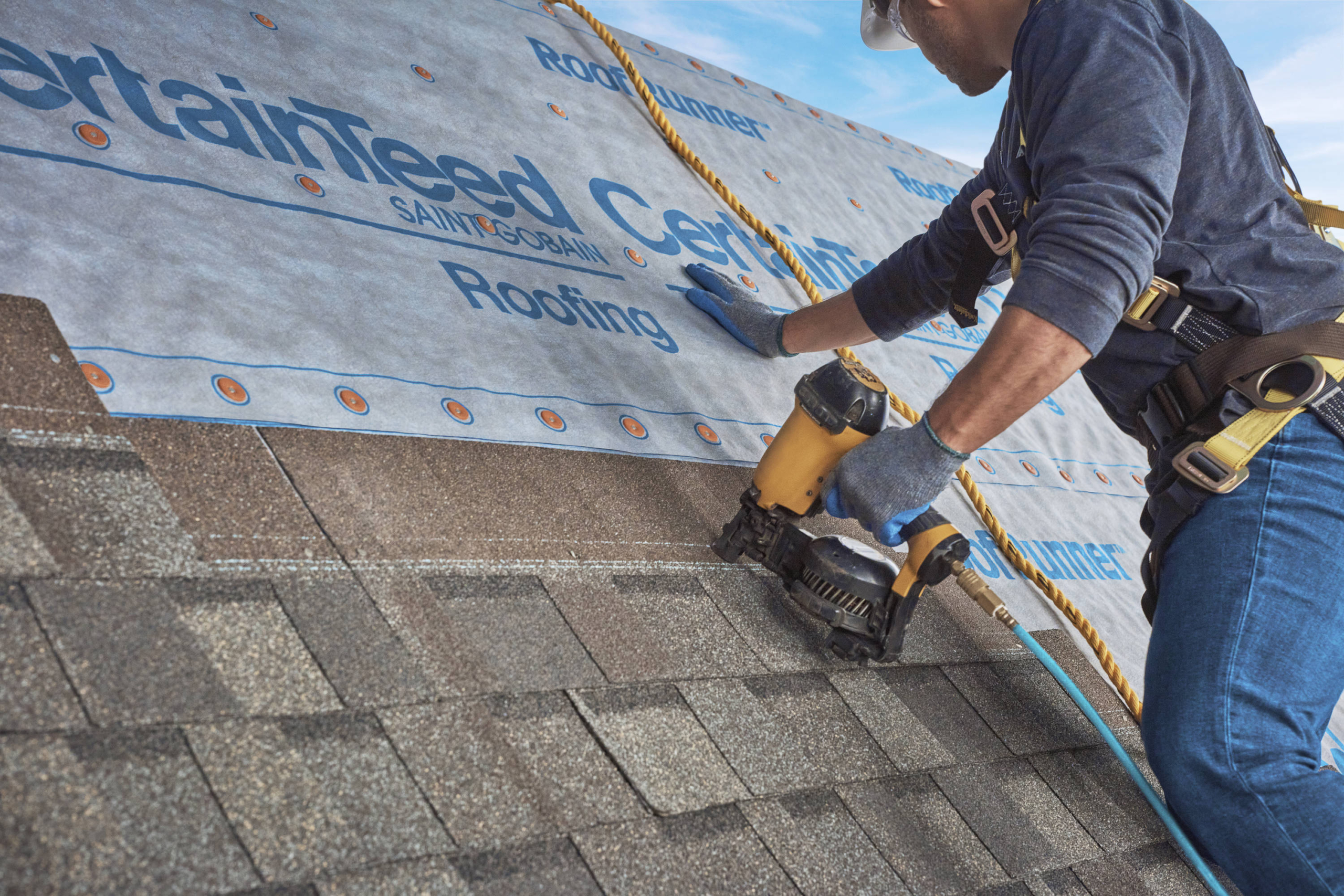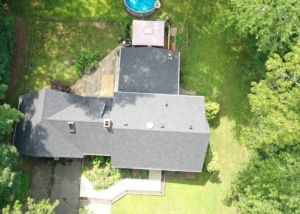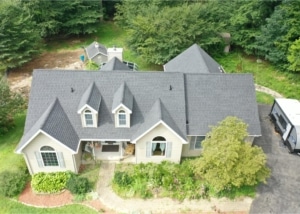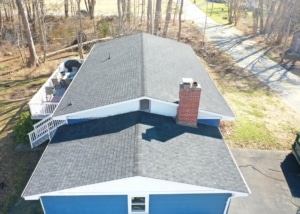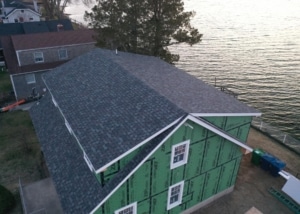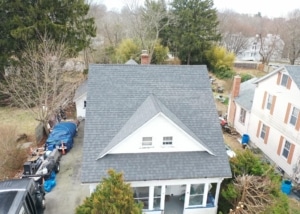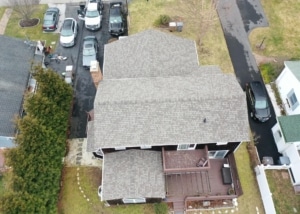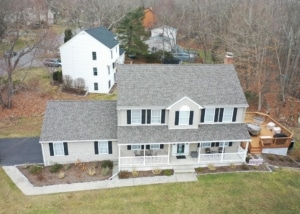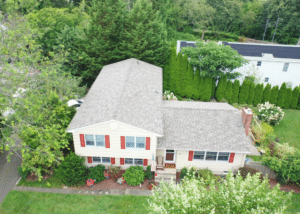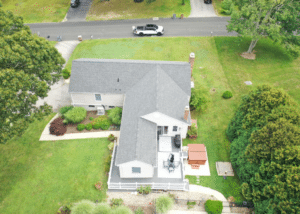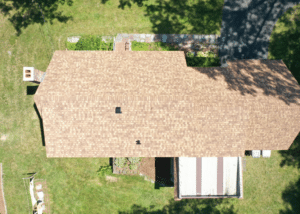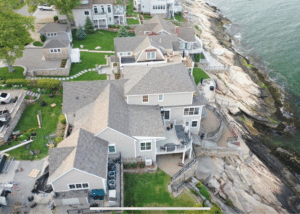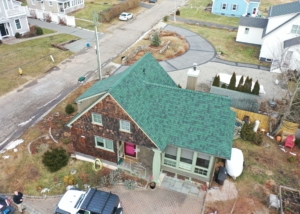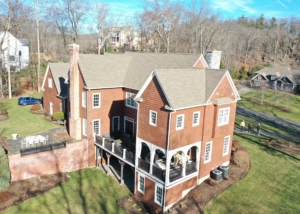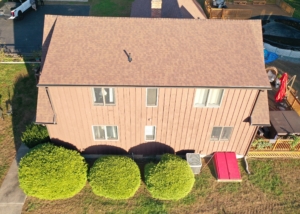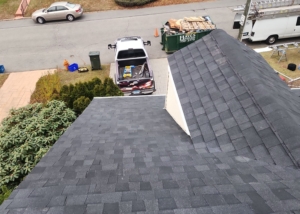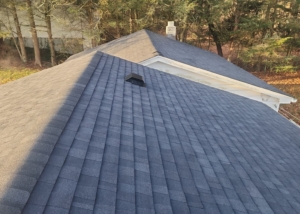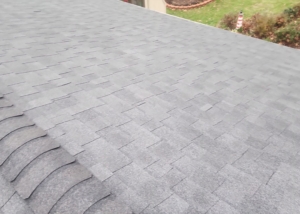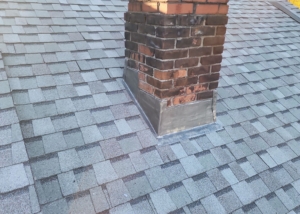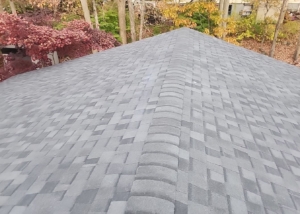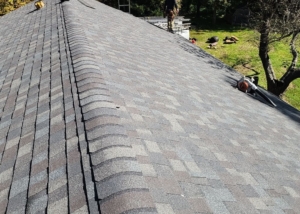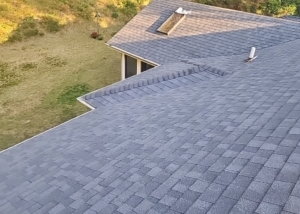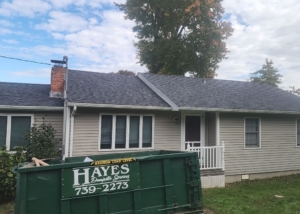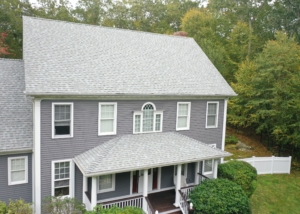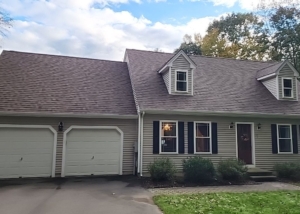Over the past decade metal roofs have become more and more popular. However, just like any roofing product there are pros and cons that need to be considered. We have provided 5 facts to think about when making a decision on whether a metal roof is the right choice.
Life Expectancy:
When properly installed and maintained a metal roof will outlast any other roofing material. It is one of the most durable materials you can have for a roof. A metal roof can be resistant to fire, insects, mold/mildew, and rot. It should last as long as the building upon which it is installed.
One concern about the longevity of a metal roof is rust. This can be a concern based on your environment. If this is the case then you should consider a galvanized metal roof. Galvanized steel is steel coated with zinc. When properly cared for, it can let over half a century with no signs of rust or deterioration.
Cost:
The cost of a metal roof can be very daunting at first. Compared to a standard asphalt shingle roof or architectural asphalt roof the initial cost of a metal roof can seem ridiculous. However because of the long-term durability and lower maintenance needed, you will ultimately save money in the long run. Now if you are planning on not staying in your home for the long haul, let’s say less than 5 years, then the initial cost might not make economic sense. On the other hand a metal roof can add curb appeal and potentially add to the resale value.
New England Weather:
When living in the New England area a key thing to consider is how will it stand up to the extreme weather. Luckily metal roofs are uniquely suited for this kind of challenge.
First thing to consider is precipitation and specifically cold weather. The way that a metal roof is constructed, with interlocked panels in a standing seam installation combined with the imperviousness of a metal surface makes for a metal roof to not just be water resistant but water proof. During the cold winter months,, the reflective surface and slipperiness of a metal roof will have melting snow and ice sliding off your roof. This will happen with such ease that ice guards are installed to prevent the snow from falling all at once so a hazard isn’t created.
While a metal roof is great for winter months, they are actually able to handle the summer months pretty well. Metal will reflect heat from the sun which will minimize afternoon heat gain. The roof will also not hold onto heat gained as it will lose the gained heat when blocked by clouds, when the sun sets, or when a slight breeze blows. This will not only help keep your attic cool, but also save on your AC bill.
Weight:
While you might think that metal (especially steel) will be very dense and heavy that is actually incorrect. A metal roof is actually not heavy and is one of the lightest materials you can use on a roof.
For example: the weight of a three-tab asphalt shingle roof roughly covering a 10ft by 10ft area is between 225-275lbs, or ~300-450lbs if using thicker shingles. In comparison, if using a 28 gauge steel roof (a common thickness) to cover the same 10ft. x 10ft. Area it would weigh ~75lbs, or ~135lbs if using a thicker 24 gauge standing seam steel.
Noise/ Sound:
Some people might find the sound of light rain hitting a metal roof as relaxing. They even make apps and sleep machines that simulate this sound. However when rain goes from light to torrential rainfall, or even worse to hail or sleet, this peaceful sound can turn into a distraction. Fortunately this can be fixed by a number of approaches.
First you can install your metal roof over your asphalt roof. The existing roof can serve as a sound barrier. If this idea is not desired or sound practical to you then you can still reduce the noise by selecting roofing materials with designs less likely to create or conduct sound. Corrugated metal will generally vibrate more than a flat roof also flat or standing seam metal will hit the roof deck better and make it less noisy.
There is also a variety of treatments that can limit the impact of noise from the roof. First having a thicker sheathing or underlayment or insulating panels that can fit between the sheathing and underlayment to help reduce the sound. Another idea is attic insulation if your particular roof allows for this.
Call us:
At BP Builders we know about roof repairs.
We also know when to replace a roof.
Ask for our advice.
Call us today for all your roofing needs.

